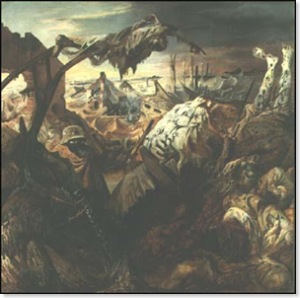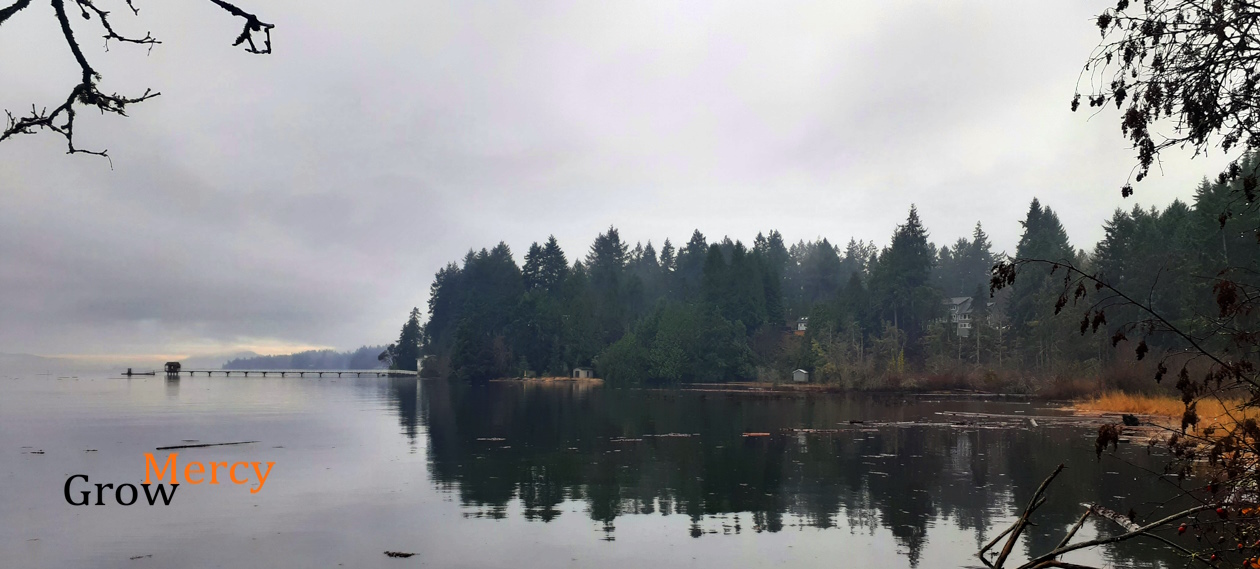 Perhaps I wasn’t really listening, perhaps I too was caught up in a kind of collective amnesia over the evil of war that seems is at its height this time of year. Perhaps I was too caught up in the spirit of the poppy that sees any kind of detraction from the geist of this commemoration, or ritual, as treasonous.
Perhaps I wasn’t really listening, perhaps I too was caught up in a kind of collective amnesia over the evil of war that seems is at its height this time of year. Perhaps I was too caught up in the spirit of the poppy that sees any kind of detraction from the geist of this commemoration, or ritual, as treasonous.
But this year, upon listening to a reading of “In Flanders Field” I was repelled. Please understand, I hold no disdain, only sympathy, for the veteran who read it and I have only sincere sadness for the war dead the poem regards. And for the Canadian poet of “In Flanders Fields,” Lieutenant Colonel John McCrae, (1872-1918), I hold no aversion, only a grievous sort of empathy.
Not so for the poem. It’s a disaster. It’s terminal message, a message we have enduringly embraced perpetuates our plague. (Just for the record John McCrae, for reasons known only to himself, threw the poem away. It was retrieved by a fellow officer.) It reads:
We are the Dead. Short days ago
We lived, felt dawn, saw sunset glow,
Loved and were loved, and now we lie
In Flanders fields.
Take up our quarrel with the foe:
To you from failing hands we throw
The torch; be yours to hold it high.
If ye break faith with us who die
We shall not sleep, though poppies grow
In Flanders fields.
While the living fight the wars, it is the dead that sustain war. Always the dead. We are manacled to the dead through errant patriotism, through a kind of Don Cherry vindicatory vision of justice, and through our inability to see our enemy as human.
The poem cries out…humans on our side have died, and they were not like those who killed them, they were like us, they loved and experienced beauty. And now, slaughtered in war, it is up to us to avenge them; up to us to “hold high the torch” and to “take up the quarrel.” (Quarrel?) And if we fail, “break faith,” the dead will have no peace.
The poem is mythologized blackmail. And we will always succumb to the lure of war as justified revenge no matter what the original “quarrel,” unless we begin to forget.
It is time for some selective forgetting. It is time to forget the spirit and message of this poem and insert some poetry from Siegfried Sassoon. Sasoon, also a decorated WW I veteran, exposed not merely the horror of war, but its meaninglessness.
Is it possible to have the dexterity of heart and mind to compassionately remember the war dead, without in any way honouring and legitimizing war? Well, not if we adhere to the message of ” In Flanders Fields.”
Unless we wish to remember war’s pointless destruction, the epithet, “Lest we Forget,” perpetually serves war. An open-eyed “lest we remember,” must be our new commemoration.
